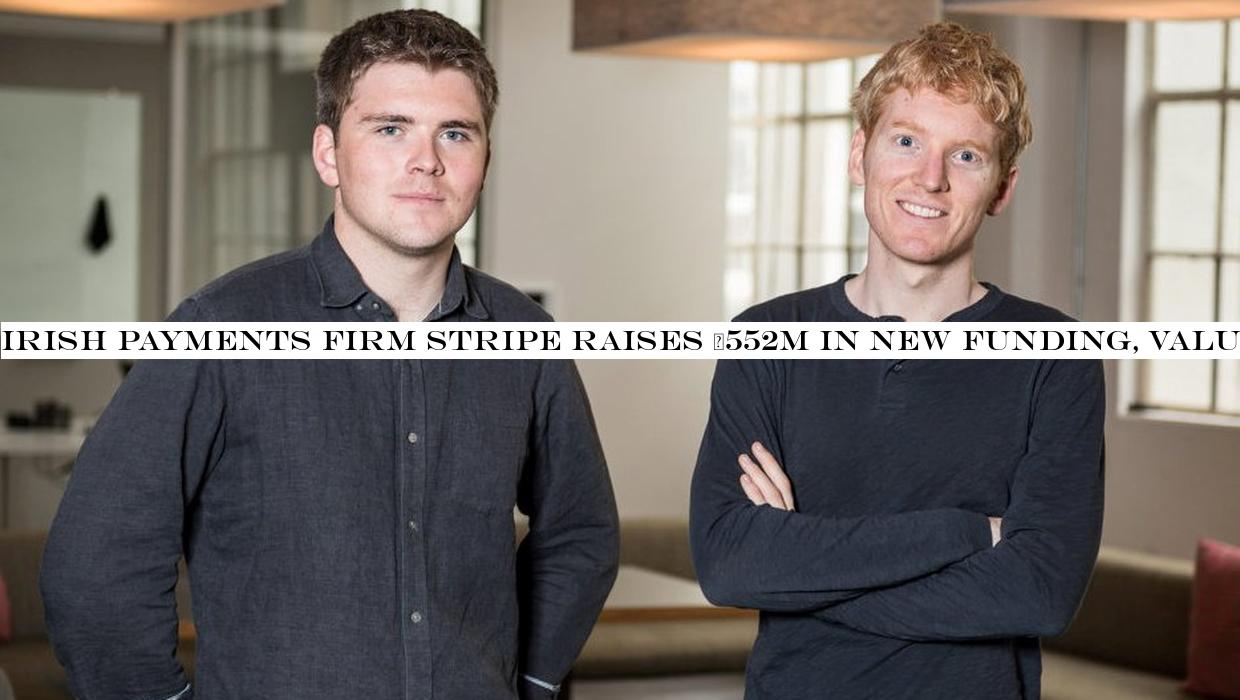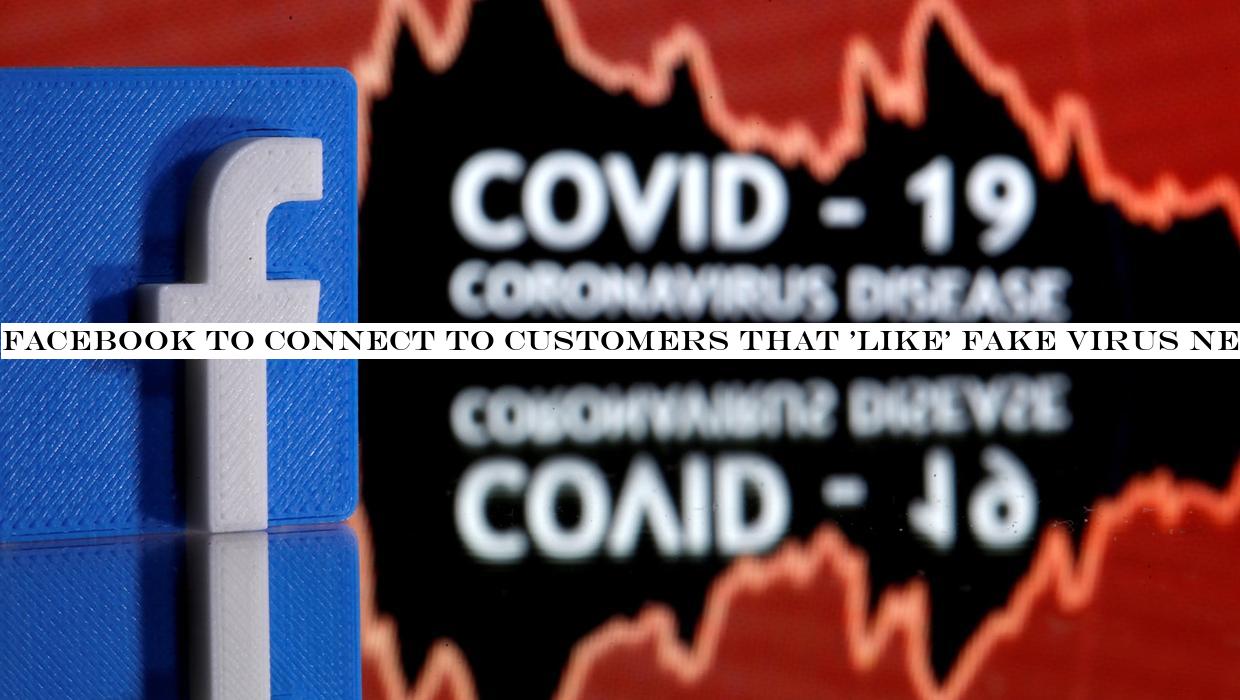Music
Trailers
DailyVideos
India
Pakistan
Afghanistan
Bangladesh
Srilanka
Nepal
Thailand
Iraq
Iran
Russia
Brazil
StockMarket
Business
CryptoCurrency
Technology
Startup
Trending Videos
Coupons
Football
Search
Download App in Playstore
Download App
Best Collections
Technology

It was supposed to make everyone's life easier and better.
- Details
- Category: Technology Today
Read more: Mast destruction - conspiracy theorists got lines crossed over the rollout of 5G
Write comment (99 Comments)TikTok, the social media platform best known for short, user-made, funny videos, is to restrict direct messaging to those over 16 years of age.
- Details
- Category: Technology Today
Read more: TikTok to tighten child safety by limiting direct messaging to those over 16
Write comment (98 Comments)Online payments firm Stripe is now worth almost €33bn on a 'post money' valuation after it raised an additional $600m (€552m).
- Details
- Category: Technology Today
Read more: Gaining its Stripes: Repayments firm valued at EUR33bn after fundraising
Write comment (99 Comments)
Stripe, the online payments firm created by Limerick brothers Patrick and John Collison, has raised an additional $600m (€552m) which now values the company at almost $36bn (€33bn) on a ‘post-money& basis.
- Details
- Category: Technology Today
Read more: Irish payments firm Stripe raises €552m in new funding, valuing it at almost €33bn
Write comment (93 Comments)
People who 'like' or comment on bogus Covid-19 information will now be identified by Facebook and shown links to World Health Organisation (WHO) content on debunked myths.
- Details
- Category: Technology Today
Read more: Facebook to connect to customers that 'like' fake virus news
Write comment (99 Comments)People who ‘like& or comment on bogus Covid-19 information on Facebook will now be identified by Facebook and shown links to World Health Organisation content on debunked myths.
- Details
- Category: Technology Today
Page 948 of 1441

 14
14





